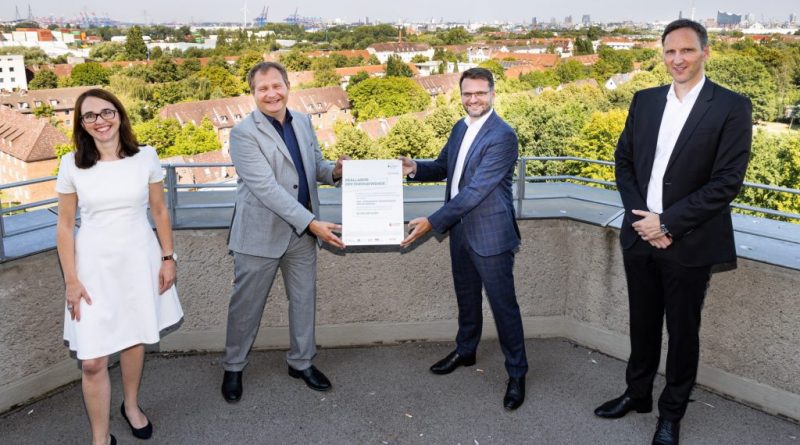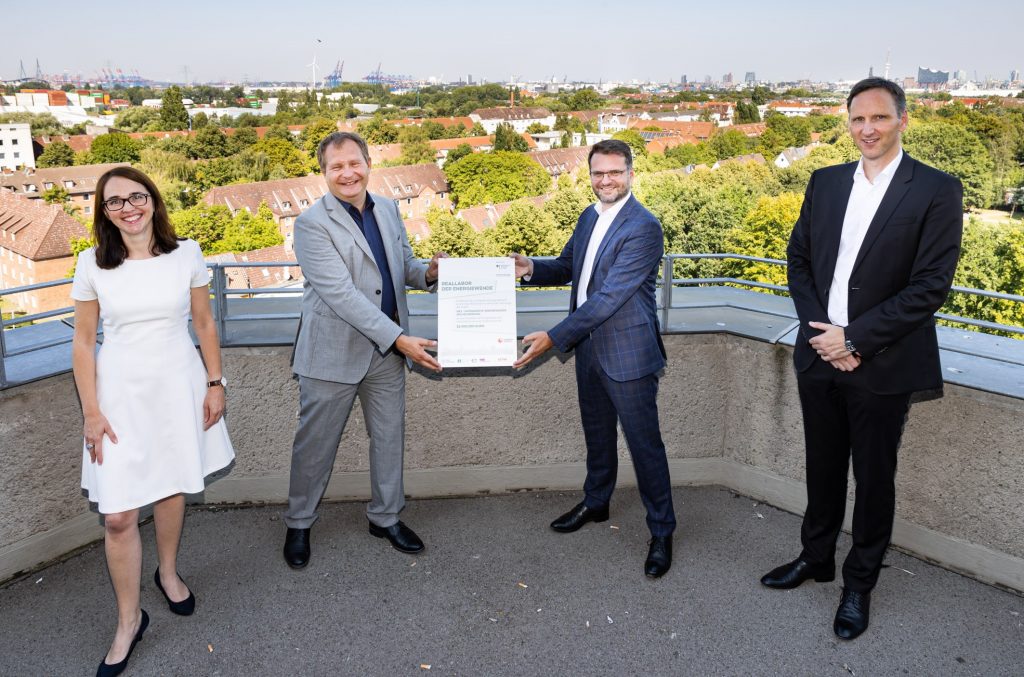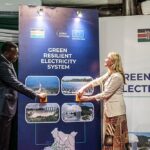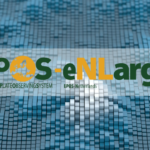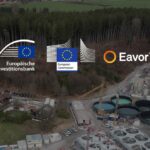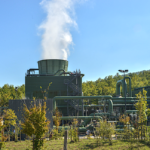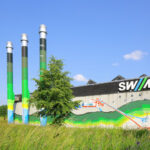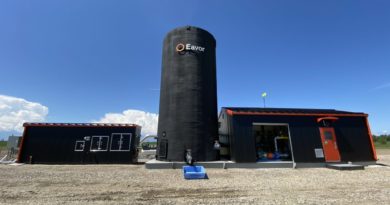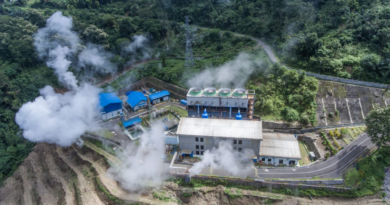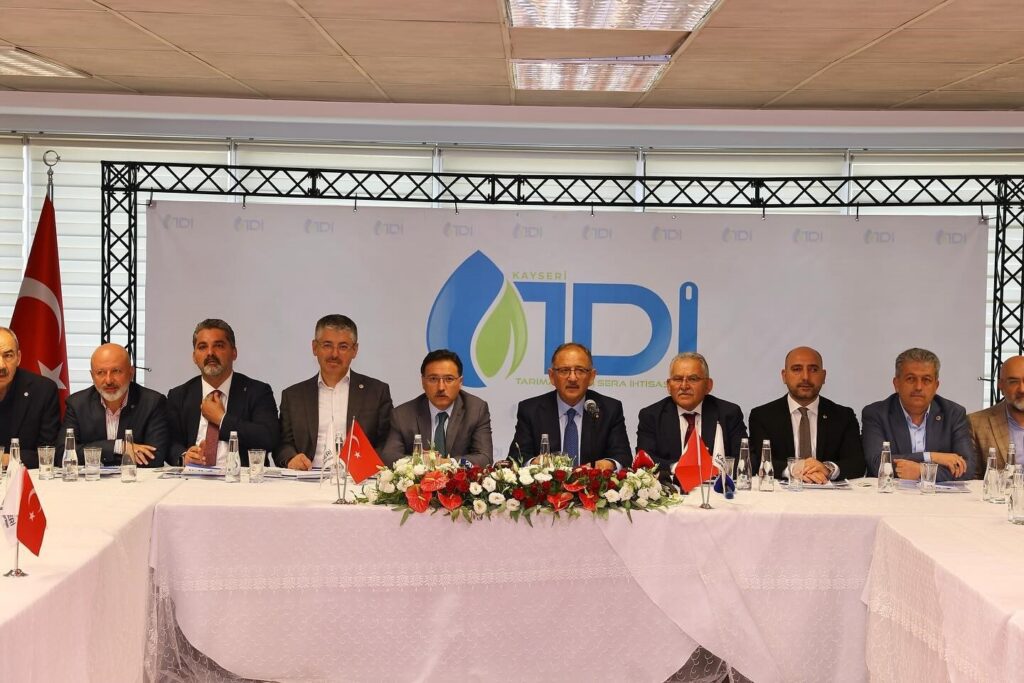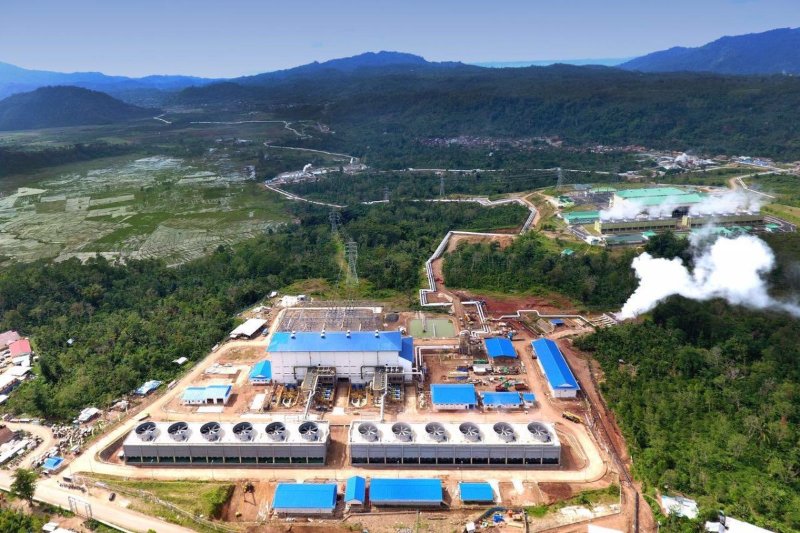Hamburg geothermal project secures EUR 22.5m government grant
Energy Disrupter
As part of a reality laboratories for the energy transition, the geothermal ambitions of utility Hamburg Energie have received a boost in the form of EUR 22.5 million in government funding.
The local utility Hamburg Energie in Hamburg, Germany – had applied for funding as one of 20 “real laboratories for the energy transition” nationwide – the only geothermal project. The decision on funding was now made last week.
Establishing a nearly CO2-free, decentralized heat supply for existing and new buildings that does without fossil fuels: The consortium around Hamburg Energie has now come a decisive step closer to this goal.
As reported by the city’s green electricity supplier, Andreas Feicht, State Secretary for Energy Policy in the Federal Ministry of Economics (BMWi) has handed over a funding decision in the amount of EUR 22.5 million (USD 25.2 million), which comes from the funding program Reallabore der Energiewende. The IW3 project is now starting to be implemented in Hamburg.
Michael Prinz, Managing Director of Hamburg Energie is very happy about the funding commitment from the BWMi and says: “The real laboratory funding helps us to put this unique project into practice. With IW³ we are delivering a pioneering concept for the heating transition based on renewable energies, in particular geothermal energy and a local heating marketplace. “Hamburg Energie informs that private households use more than three quarters of their total energy consumption for heating alone, which mostly comes from fossil sources. “There is great potential for climate protection here,” explains Prinz. “With our project we want to contribute to making not only the electricity, but also the heat supply climate-friendly.”
Regenerative heat supply
The central component of the IW³ – Integrated Heat Turn in Wilhelmsburg is the regenerative heat supply, reports the Hamburg energy supplier. In addition to existing generators such as wind power or solar thermal energy, the use of geothermal energy forms a basis for generation.
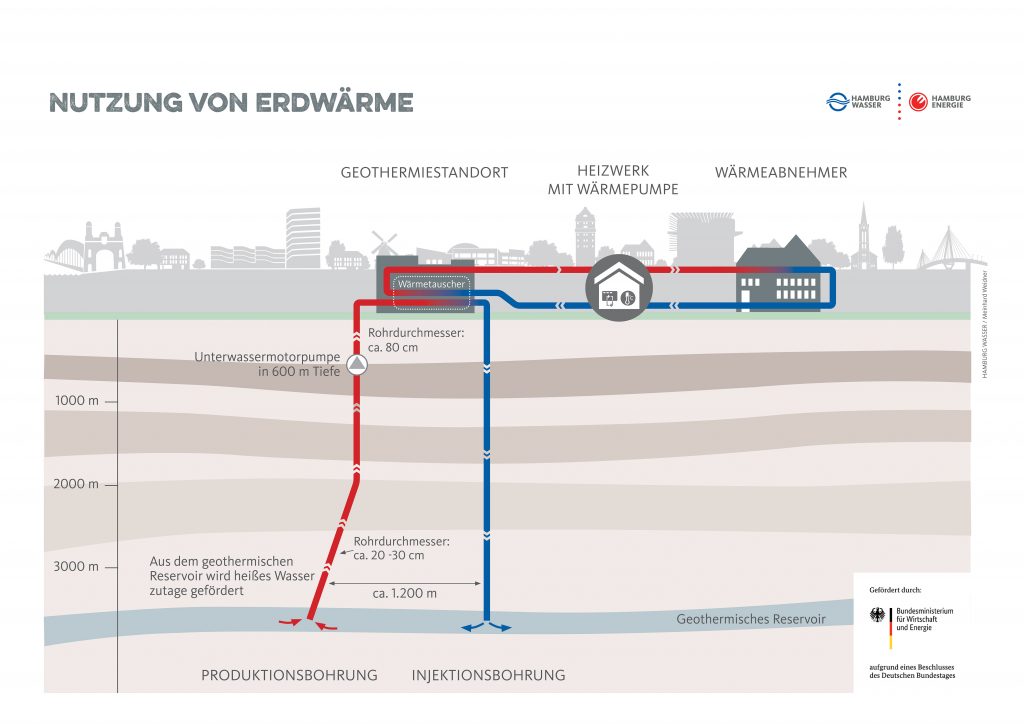
The concept provides for the construction of a geothermal system that draws hot thermal water from the underground – more precisely from a depth of 3,500 meters – upwards. The energy is extracted from the water via heat exchangers and fed into the heating network that is being newly constructed. The cooled water is fed back into the withdrawal horizon.
With the additional integration of cross-sectoral technologies such as heat pumps and power-to-heat systems as well as the use of self-generated renewable electricity, a CO2-neutral supply is possible in the future. In order to be able to use excess heat from summer in winter, the construction of a seasonal storage, a so-called aquifer storage, is planned. In this way, different energy requirements with different energy availabilities could be efficiently reconciled with one another.
A digital heat marketplace bundles all local energy producers and consumers and thus enables a cost-efficient and climate-friendly supply to buildings. In addition to Hamburg Energie as the consortium leader, GTW Geothermie Wilhelmsburg, Consulaqua, HIR Hamburg Institute Research as well as the University of Applied Sciences (HAW) Hamburg and Christian Albrechts University (CAU) in Kiel are also involved in the project.
Source: Stadt und Werk

